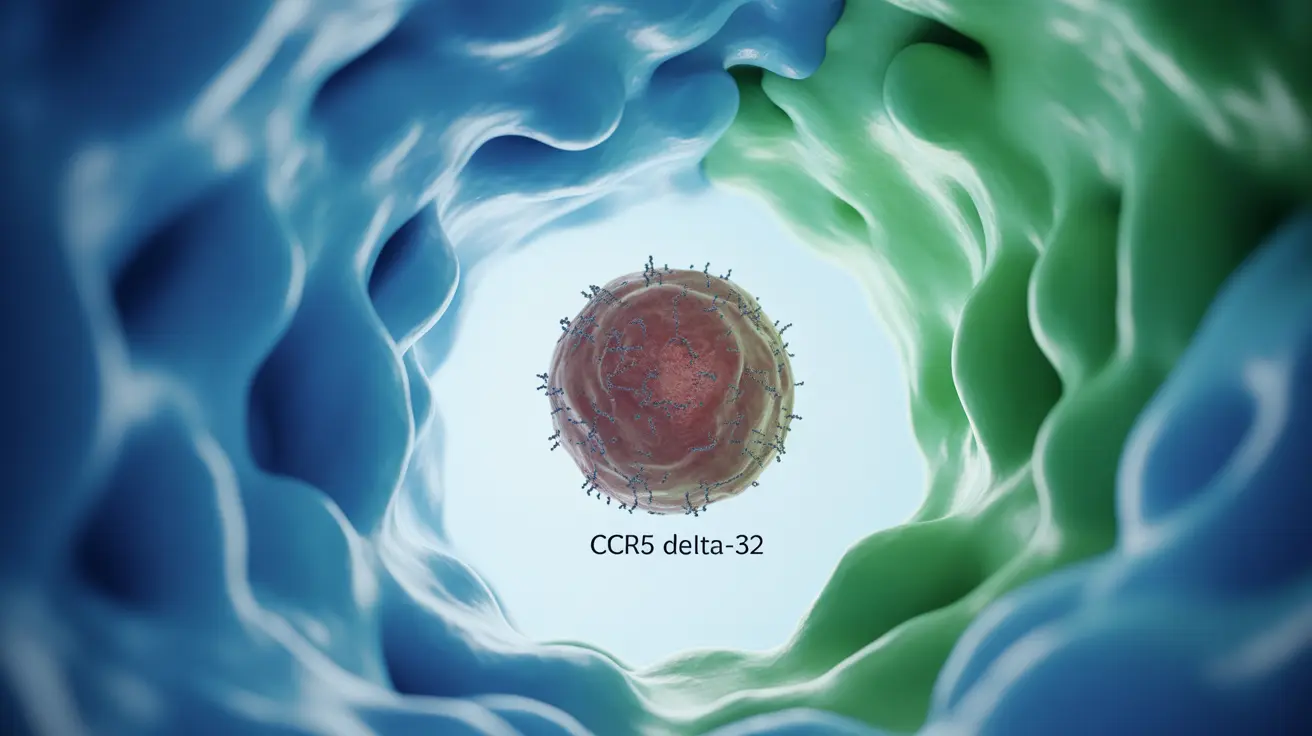Many people wonder about the relationship between AIDS (Acquired Immunodeficiency Syndrome) and genetics. While AIDS itself is not a genetic condition that can be inherited directly from parents, genetic factors can play various roles in HIV infection, disease progression, and treatment response.
This comprehensive guide explores the complex relationship between genetics and HIV/AIDS, including transmission risks, genetic influences on susceptibility, and how genetic variations affect treatment outcomes.
The Genetic Nature of HIV and AIDS
AIDS is not a hereditary genetic disease but rather a condition caused by the Human Immunodeficiency Virus (HIV). The virus attacks and weakens the immune system, making individuals more susceptible to opportunistic infections and certain cancers. Understanding this fundamental distinction is crucial for addressing misconceptions about HIV transmission and inheritance.
Genetic Factors Affecting HIV Susceptibility
Research has shown that certain genetic variations can influence an individual's susceptibility to HIV infection and the rate of disease progression. Some people possess genetic mutations that may offer partial protection against HIV infection or slow down the progression of the disease.
CCR5 Delta-32 Mutation
One of the most well-studied genetic factors is the CCR5 delta-32 mutation. This genetic variation affects the CCR5 receptor, which HIV typically uses to enter immune cells. People who inherit this mutation from both parents have natural resistance to certain types of HIV infection, though this resistance is not complete.
HIV Transmission and Genetic Relationships
HIV transmission occurs through specific routes and is not directly inherited through genes. The primary modes of transmission include:
- Unprotected sexual contact with an HIV-positive person
- Sharing contaminated needles or syringes
- Mother-to-child transmission during pregnancy, childbirth, or breastfeeding
- Direct contact with infected blood or certain body fluids
Mother-to-Child Transmission
While HIV can pass from mother to child during pregnancy, childbirth, or breastfeeding, this is not genetic transmission. Instead, it occurs through direct exposure to the virus. Modern medical interventions can significantly reduce the risk of mother-to-child transmission when properly implemented.
Genetic Variability of HIV
HIV itself demonstrates significant genetic variability, which can affect treatment effectiveness and disease progression. The virus can rapidly mutate, potentially developing resistance to antiretroviral medications and complicating treatment strategies.
Impact on Treatment
The genetic diversity of HIV strains necessitates careful monitoring and sometimes adjustment of treatment approaches. Healthcare providers may need to modify treatment plans based on the specific genetic characteristics of the virus and the patient's response to therapy.
Frequently Asked Questions
- Is AIDS a genetic disease that can be inherited from parents?
No, AIDS is not a genetic disease that can be inherited from parents. It is caused by HIV infection, which must be transmitted through direct contact with infected bodily fluids.
- How do genetic factors affect a person's risk of contracting HIV?
Genetic factors can influence susceptibility to HIV infection and disease progression. Some genetic variations, like the CCR5 delta-32 mutation, may provide partial protection against HIV infection, while other genetic factors might affect how quickly the disease progresses.
- Can HIV be passed from mother to child during pregnancy or breastfeeding?
Yes, HIV can be transmitted from mother to child during pregnancy, childbirth, or breastfeeding. However, this is not genetic transmission, and the risk can be significantly reduced through proper medical intervention and antiretroviral therapy.
- What are the main ways HIV is transmitted between people?
HIV is primarily transmitted through unprotected sexual contact, sharing contaminated needles, exposure to infected blood or certain body fluids, and from mother to child during pregnancy, childbirth, or breastfeeding.
- How does the genetic variability of HIV impact treatment and disease progression?
HIV's high genetic variability can affect treatment effectiveness and disease progression. The virus's ability to mutate rapidly can lead to drug resistance and may require adjustments to treatment strategies to maintain effectiveness.




